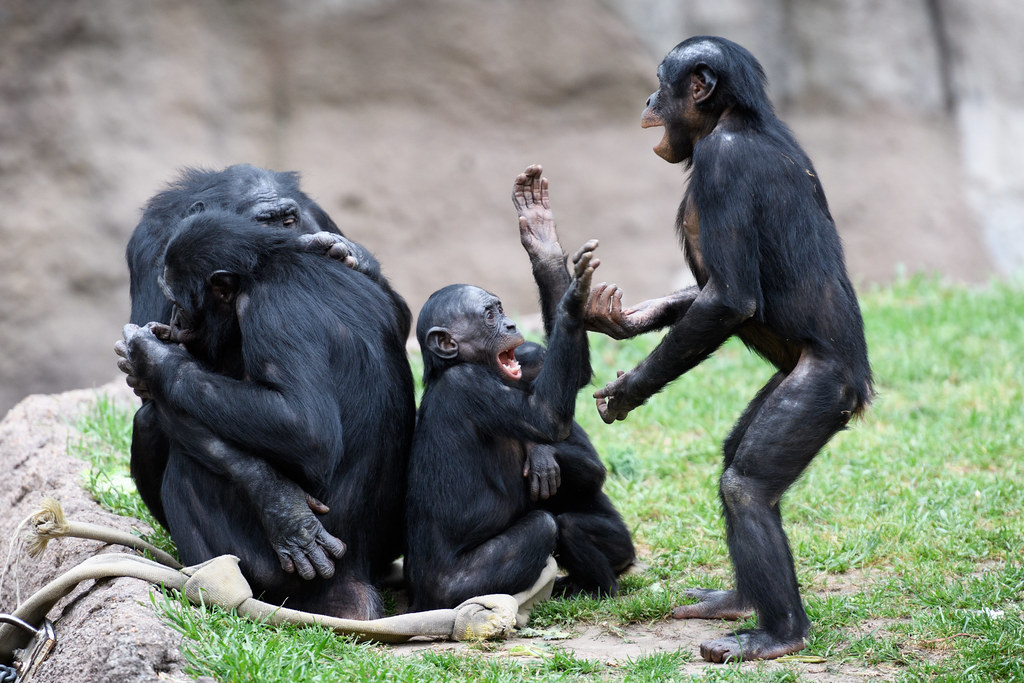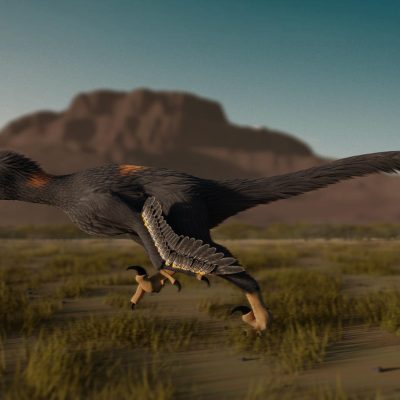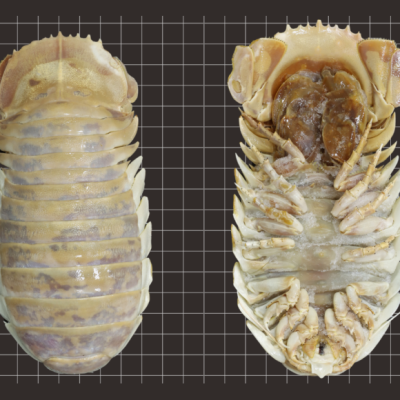In a new study, scientists observed wild bonobos in the Kokolopori Bonobo Reserve, uncovering an unexpected trait—bonobos often cooperate across groups. Unlike their chimp relatives, who tend to clash with neighboring groups, bonobos showed a remarkable ability to get along. Over two years, the Ekalakala and Kokoalongo bonobo groups interacted positively in 20% of encounters, engaging in activities like grooming, helping each other, and sharing food. While disagreements occurred, they never turned deadly, setting bonobos apart from chimpanzees. This cooperative behavior challenges the idea that only human culture allows such collaboration, suggesting a more cooperative past.
In the lush landscapes of the Kokolopori Bonobo Reserve, the social dynamics of wild bonobos surprised researchers with their distinctive traits. The Ekalakala and Kokoalongo bonobo groups, observed over two years, exhibited unprecedented cross-group cooperation, marking a stark contrast to the often-hostile interactions observed in chimpanzees. Among the 95 documented encounters, bonobos displayed behaviors like grooming, mutual assistance, and food sharing, not dissimilar to interactions within their own groups. Importantly, conflicts between groups did occur, but unlike their chimpanzee counterparts, none resulted in fatalities
The unique feature of bonobo societies lies in their selective forming of bonds with specific individuals across groups. This pattern of cooperation resembles how humans build connections, hinting at potential parallels in social evolution. Unlike chimpanzees, where deadly fights are not uncommon, bonobos’ cooperative behaviors open a window into understanding early human social dynamics. This study challenges the notion that only human culture enables such collaboration, suggesting that reciprocity played a crucial role in our evolutionary past. Bonobos, with their cooperative tendencies, offer valuable insights into the foundations of human social evolution.










